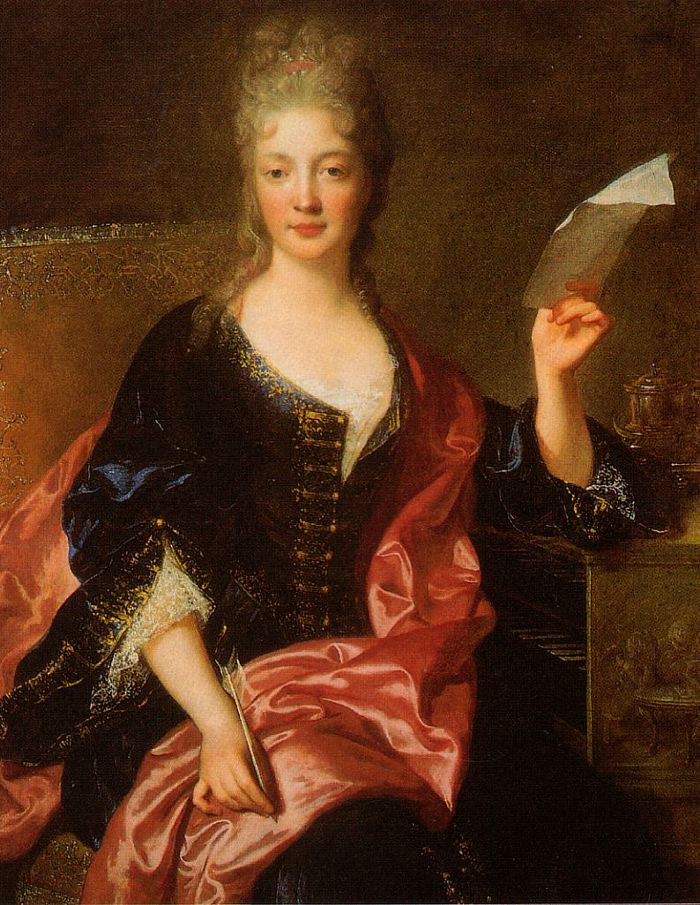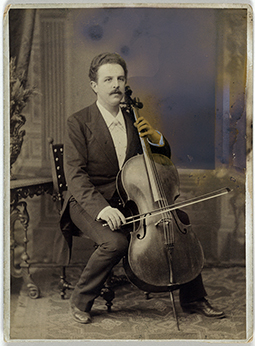by Daniel Hathaway
With no live performances scheduled for March 17, here are some classical music playlists to mark St. Patrick’s Day, honoring the patron saint of Ireland, who departed this life in c. 461.
Click here for WFMT Chicago’s “Irish Composers You Should Know”
Click here for Discover Music’s “Best Classical Music for St. Patrick’s Day”
and here for Your Classical’s “Celebrate St. Patrick’s Day With an Irish Flavored Classical Playlist.”
Three Irish composers conspicuously missing from those playlists should be mentioned: Sir Hamilton Harty (for his sumptuous arrangements of Handel’s orchestral suites), Victor Herbert (pictured, for his 43 operettas and his cello concertos, though he was born on the island of Guernsey and believed he was Irish by birth all his life), and Charles Wood (who taught Ralph Vaughan Williams and Herbert Howells and wrote some 250 sacred works while teaching at Cambridge University).
Enjoy!
TODAY’S ALMANAC:
March 17 marks the 360th birthday of French Baroque composer, harpsichordist, and vocalist Élisabeth Jacquet de La Guerre, who began her career as a child prodigy, and ended it as one of the most respected musicians of her time in all of France.

Her first and only opera, Céphale et Procris, is known for its artful combination of French and Italian styles, its impressive musical interludes, and unfortunately a convoluted libretto which may have been its downfall: after the premiere in 1694, it ran for only a handful of performances. Still, it put her in the history books as the first French woman known to have written an opera.
De La Guerre broke new ground in further areas of composition. Her 1695 set of trio sonatas represented an early example of French experimentation in the Italian genre of the sonata. And her 1707 Sonates pour le violon et pour le clavecin were some of the first accompanied harpsichord works. As the icing on the cake — and isn’t that really the best part of eating cake? — the end of her career was devoted to a series of inventive cantatas.
Listen to her opera Céphale et Procris here in a 2008 recording by the Ensemble Musica Fiorita under the direction of Daniela Dolci. And take in her Sonata No. 2 in D here in a 2020 concert by violinist Ingrid Matthews and harpsichordist Byron Schenkman.
ClevelandClassical interviewed soprano Clara Rottsolk in March 2021 before her recording of a cantata by de La Guerre with Cleveland’s Les Délices. Click here to read her take on the music of one of the “Women of Genius.”




